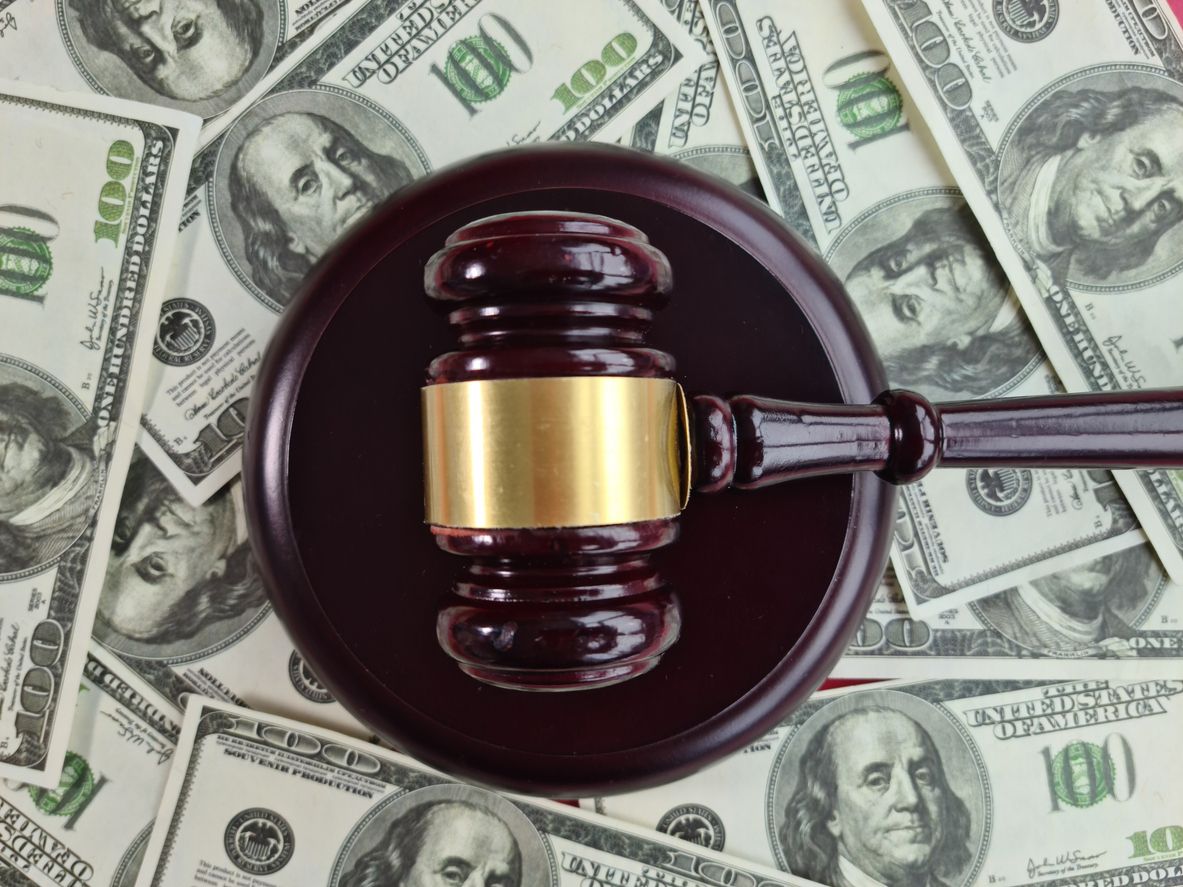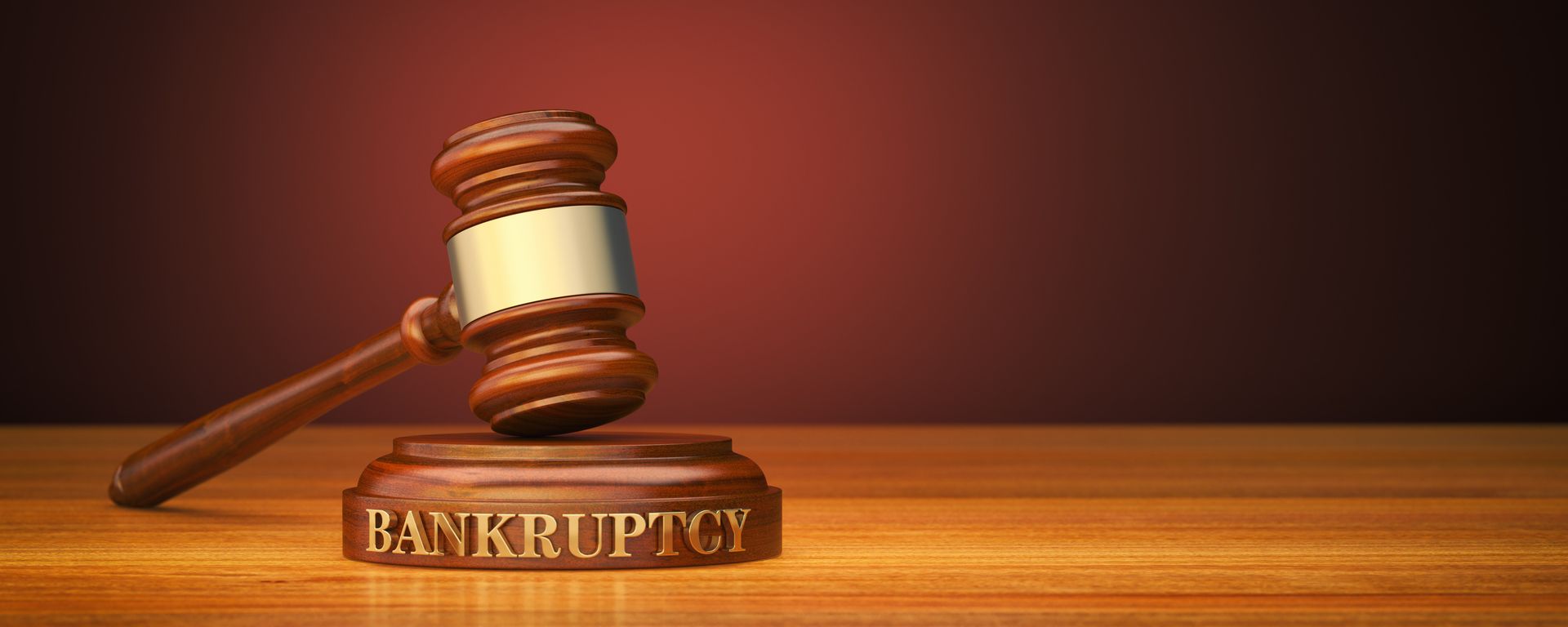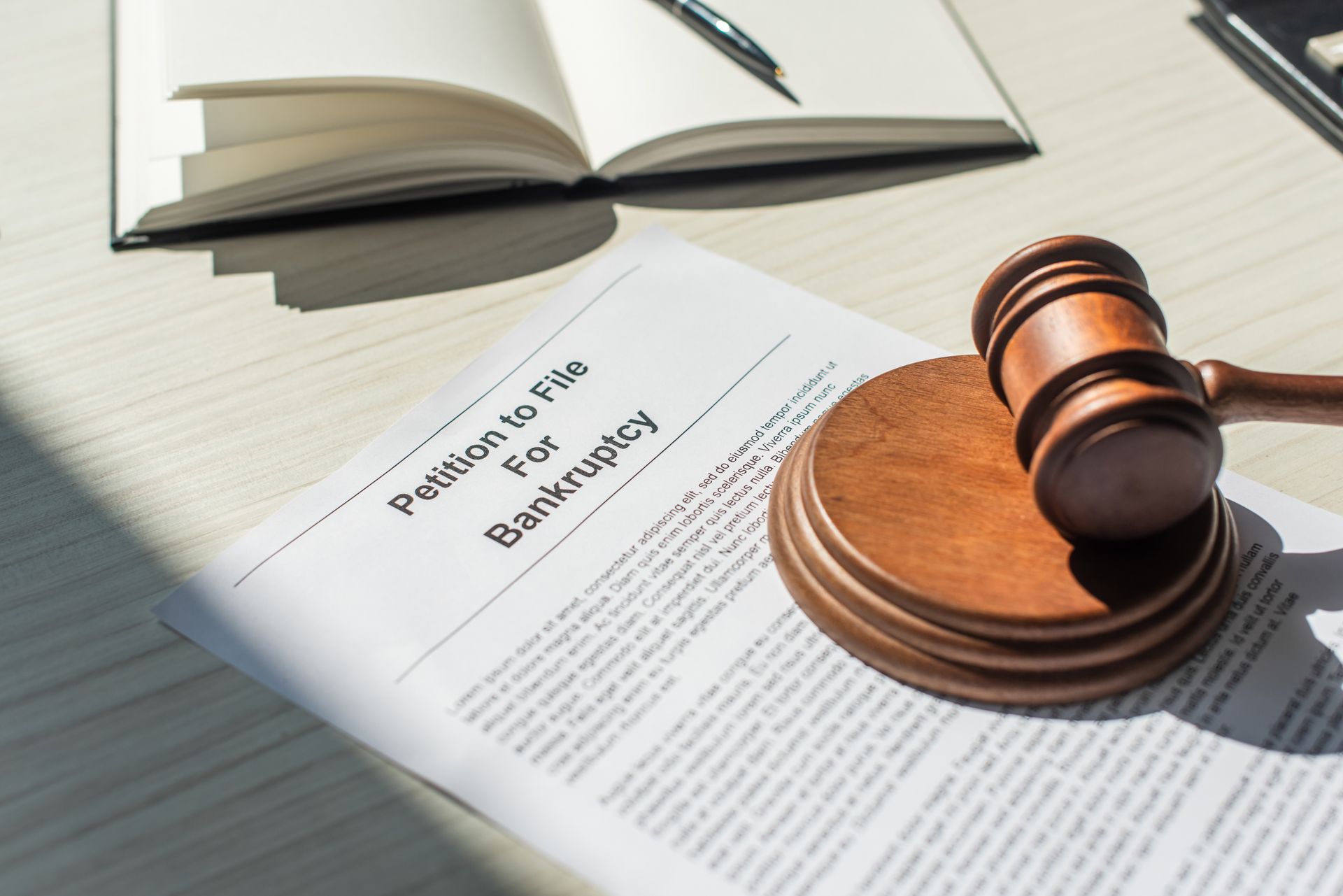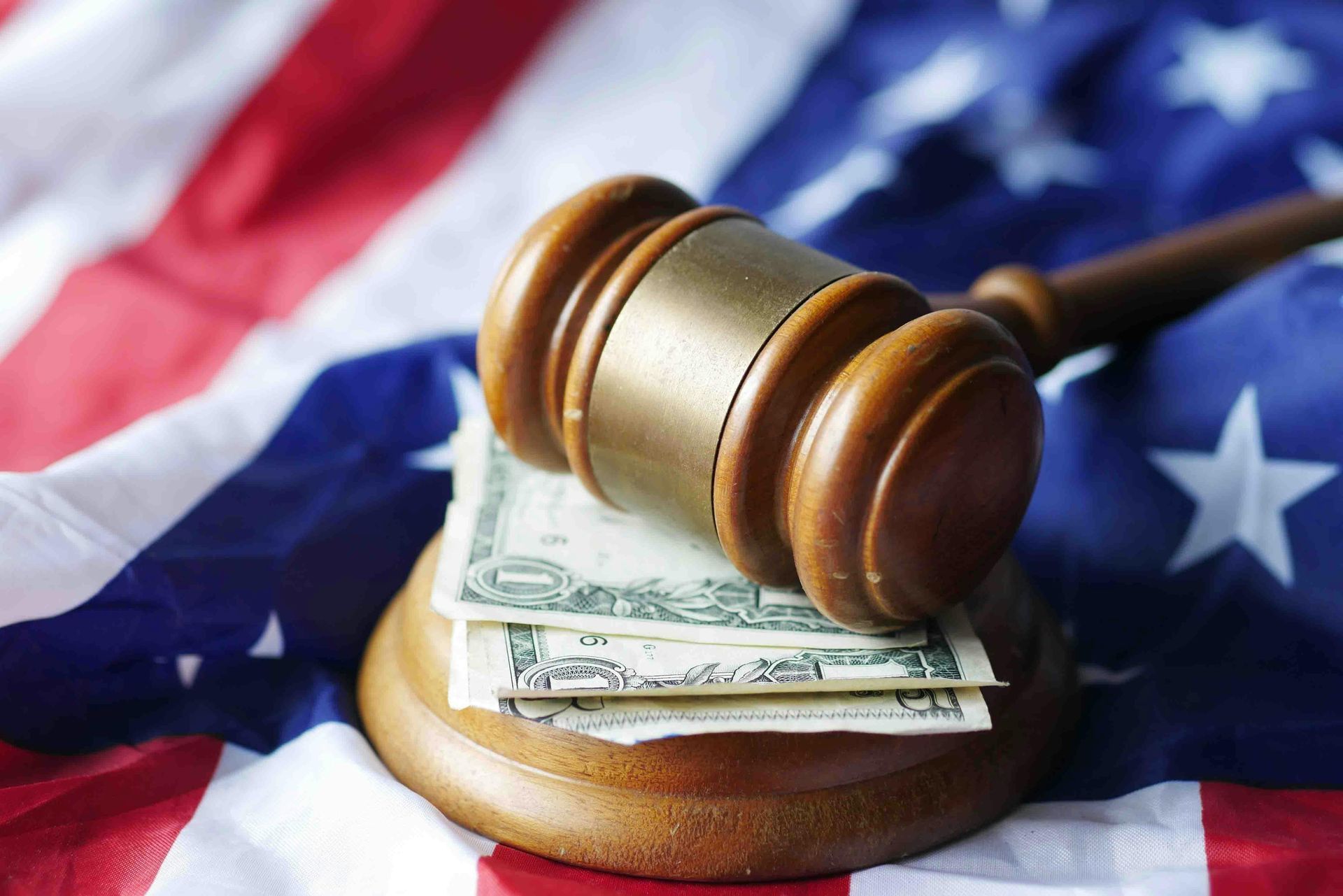Chapter 7 Bankruptcy in New Jersey
Chapter 7 Bankruptcy in New Jersey
Bankruptcy is a legal proceeding that offers debt relief to individuals and businesses struggling to pay off their debts. One type of bankruptcy is Chapter 7, which allows eligible individuals to have their unsecured debts discharged. In New Jersey, many residents who are facing difficult financial circumstances are opting to file for Chapter 7 bankruptcy. But before deciding if it's the right choice for you, it's important to understand whether filing for Chapter 7 bankruptcy in New Jersey can prevent your car from being repossessed.
Will Chapter 7 Bankruptcy Prevent My Car from Being Repossessed?
When filing for Chapter 7 bankruptcy in New Jersey, your unsecured debts such as credit card, medical bills and personal loans will be discharged. However, your secured debt such as car loans, mortgages, and other secured loans will remain. This means that if you have a car loan and are behind on your payments, the lender may be able to repossess your car even if you file for Chapter 7 bankruptcy. However, if you file for bankruptcy before your car is repossessed, the automatic stay will take effect immediately, and the lender will be prohibited from repossessing your car while your bankruptcy case is pending.
Who Should File for Chapter 7 Bankruptcy?
Chapter 7 bankruptcy is best for people who have limited income and few assets, are overwhelmed with credit card or other unsecured debts, or have no hope of paying off their debts in the foreseeable future. If you have little to no income, Chapter 7 bankruptcy might be the best option, as it will offer you relief from most of your unsecured debts. However, if you have significant income or assets, Chapter 13 bankruptcy might be a better option. A bankruptcy attorney can help you assess your situation and determine which option is right for you.
Potential Consequences of Filing for Chapter 7 Bankruptcy
Filing for Chapter 7 bankruptcy in New Jersey can have certain consequences, even beyond the discharge of your unsecured debts. For instance, it can negatively affect your credit score and stay on your credit report for up to ten years. Additionally, it might make it more difficult for you to get a loan or credit in the future, as lenders may view you as high risk.
How a Bankruptcy Attorney Can Help
Filing for bankruptcy is a complex process that can be confusing and overwhelming. A bankruptcy attorney can assist you in navigating the process, ensuring that you file the appropriate paperwork, and represent you when dealing with creditors and other parties involved in the bankruptcy process. A bankruptcy attorney can also help you understand your legal rights and options, and advise you on the best course of action depending on your unique situation.
In conclusion, filing for Chapter 7 bankruptcy in New Jersey may not prevent your car from being repossessed. However, taking advantage of the automatic stay can buy you some time to get your finances in order and make arrangements with your lender. Filing for bankruptcy is an important decision that requires careful consideration, and it's important to consult with an experienced bankruptcy attorney before making any moves. At ROBERT H JOHNSON LLC, we can assist you in all aspects of bankruptcy law and provide you with the guidance and support you need to make the best decisions for your financial future.










